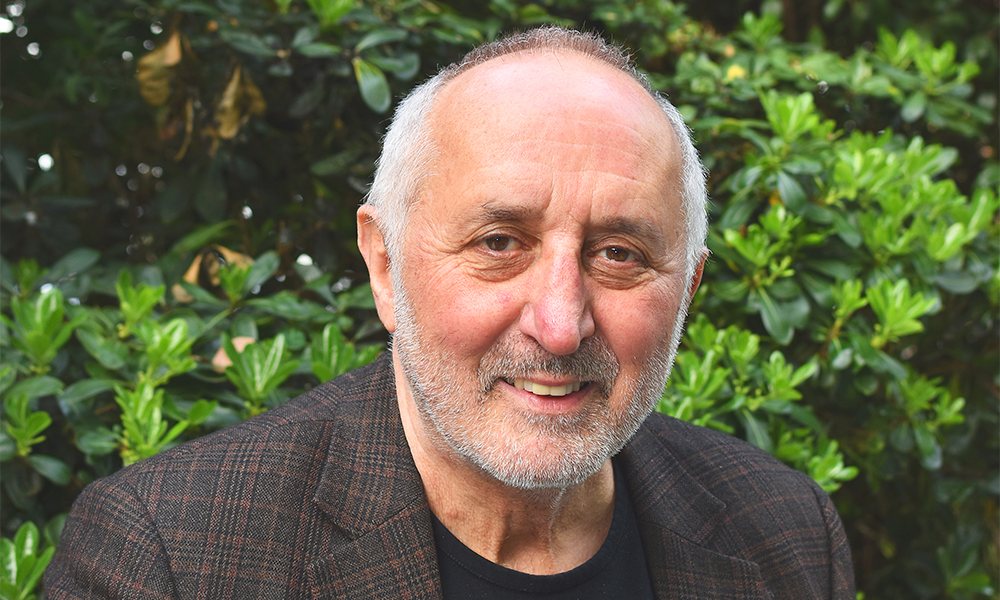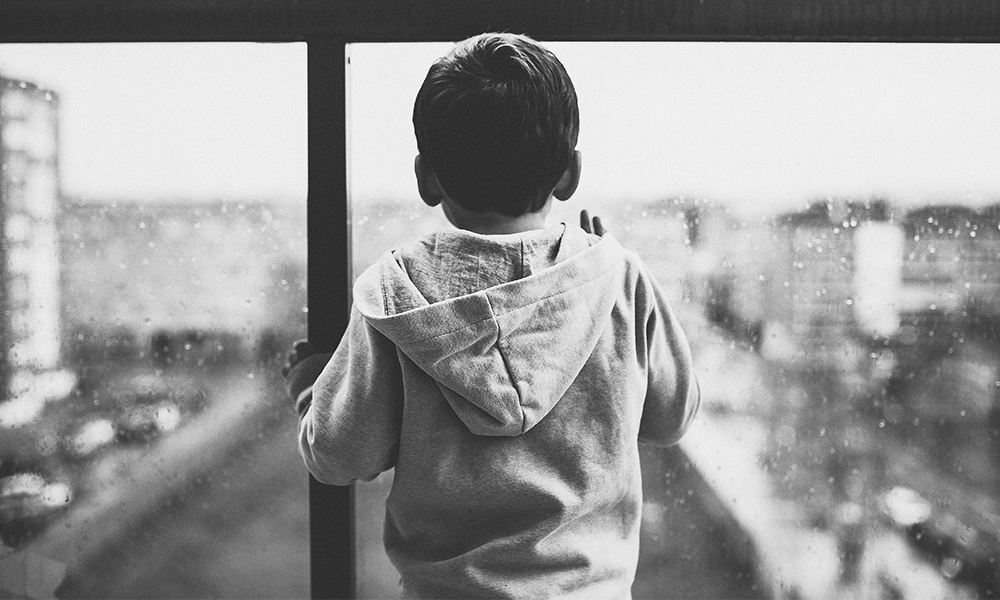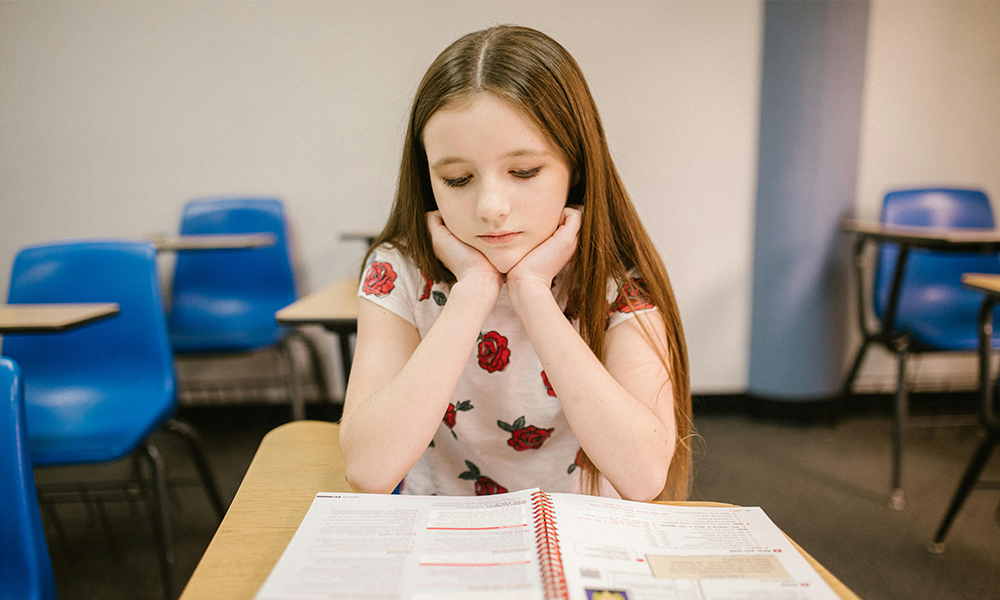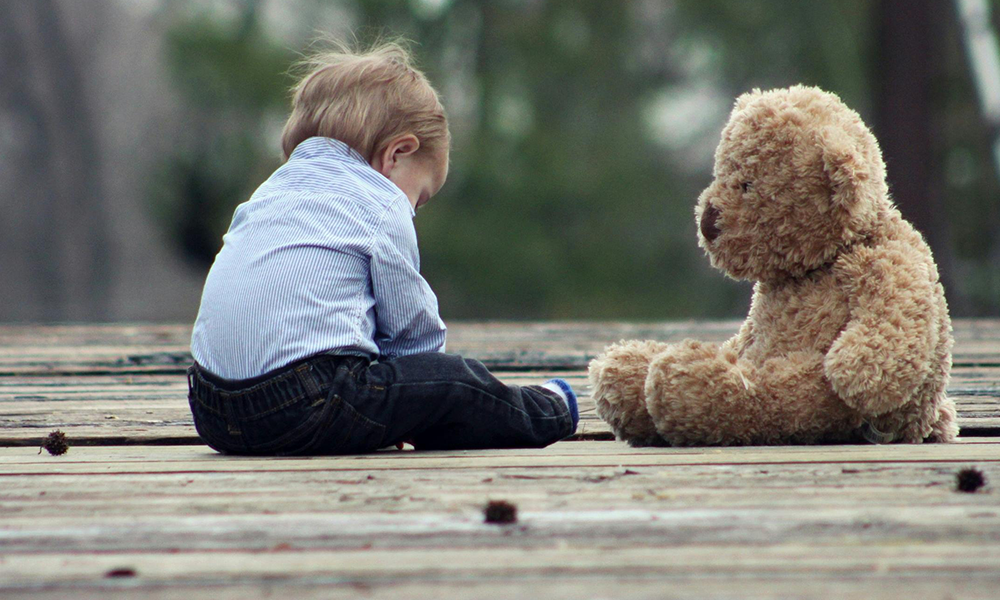Strategia Data Sciences is developing a platform so schools can use technology to aid their students

Subscribe to our free Wharf Whispers newsletter here
It took me a while to get what Strategia Data Sciences’ project is all about.
The company, which has offices at Canary Wharf’s tech community – Level39 – has created My Friend, a digital platform aimed at helping identify and address mental health issues in children.
This is a big problem. In 2022 about 25% of those aged 17-19 were thought to have a mental health disorder (up from one in six in 2021).
Around half of such issues are thought to become established before the age of 14 and about 10% of children aged five to 16 in Great Britain may have a clinically diagnosable mental health problem.
I realise after my interview with Strategia CEO, Stephen Sharp, that comprehending what he and the team are trying to do is tough.
That’s because it requires an unpleasant admission that – despite the backdrop of grim statistics – kids are being failed by what’s currently in place and things seem to be getting worse.
It’s not that the idea of using an AI-powered avatar to help children with their mental health is better than face-to-face human interaction.
It’s that, for many right now there isn’t really a lot of help available – few nets to catch this sort of thing early.

building solutions
“Strategia was set up to create innovative technology in areas such as health, education, sustainability and the environment,” said Stephen.
“I spent about 40 years working in investment banking technology and had a good career in that.
“But I wanted to do something that could give back to society, that would help people in need.
“A colleague of mine who works in Dubai had been talking to a school out there about something completely different but there were some proper horrors that really resonated with him.
“So we started talking about how we could build a solution – an application – that might help kids in school.
“We did some research and found there were lots of text-based things where kids could send questions and get answers.
“But then, the next thing was they were being told they should talk to a psychologist for $150 an hour.
“We decided we didn’t want to go down that path. Instead, we’ve been working with conversational artificial intelligence since January.
“AI is transformational and we’ve got to the point where we’re running a pilot in a number of countries with children talking to our app and getting the right responses.
“It’s built on the back of ChatGPT – as everything is these days – but we’ve created the model in the middle, which controls the input and output. It’s always supportive, passive and acts as a friend.”

branding My Friend
Specifically, My Friend features Kano, an avatar designed to appeal to the app’s audience of eight-to-12-year-olds.
“We’ve gone with a non-gendered super hero teddy bear and his pet dog,” said Stephen.
“We didn’t want there to be any gender or race barriers to using the app or to get involved with political issues in what we’re doing.
“The platform works in partnership with a child’s school. Staff can monitor the conversations a child has with it so, if a kid is being naughty in class, for example, they might be able to see why.
“It’s important, of course, that the children know this up front – that they’re aware their issues can be addressed.
“The platform forms a neutral, objective interface between the child and the school and removes any bias.
“It’s also designed to remove any concern a child might have about talking to an adult if they have a problem.
“With My Friend, they’re talking to a character who’s on their wavelength.
“It’s not just communicating about their challenges either – during testing, children have asked Kano about dinosaurs, for example, and the platform can give them information like this too.
“At present the application is browser-based, but we’re working on turning it into an app which could be accessed via the iPads kids are routinely given.
“Today there are 740million children in primary schools – if we help only 0.01%, that’s beginning to change the way people think.”
Much has been written about the potential fragility of AI – it’s capacity to simply make up plausible-sounding facts and present them as truth in what the tech community charmingly refer to as “hallucinations”.
But the Strategia is well aware of the potential pitfalls and believes it has created enough safeguards and guide rails to prevent My Friend pushing out nonsense.

safeguarding My Friend’s users
“We’ve been really prescriptive about the responses it gives,” said Stephen.
“If a kid wants help, the app will seek to understand what the problem is and present a congenial approach to the conversation.
“Everything we’ve seen it produce has been accurate – we’ve asked it all kinds of nasty things, including whether it will help build a bomb and we’ve always had the right responses.
“In that case, it simply told me it was illegal and changed the subject.
“We’re precise in what we do, so our first question was how we get the technology to stay honest and protect the children using it.”
My Friend is still at the testing phase so Stephen and the team don’t yet have all the answers.
They’re still working on how schools will use the platform, which might see conversations colour-coded to help organisations identify potential problems – but feedback has been very positive.
Stephen was keen to stress that no personal data on the children is collected by Strategia, with only the schools able to see who is talking to Kano.
Based at Level39 since October, the team is keen to collaborate locally as the project unfolds.
tacking a range of issues with My Friend
“We’re trying to build something that can address a whole spectrum of problems children face,” said Stephen.
“I live in a small village in Buckinghamshire and, until I spoke to a local school, didn’t realise the poverty in what I thought was an affluent area.
“There, a single parent might have three jobs – their child might have to go to school alone, come back alone and cook their own tea.
“If that’s a seven-year-old, for example, that neglect is frightening.
“For children everyday life can be a problem and we want to help.
“If we save one life by doing this, it will be worthwhile.”
key details
You can find out more about Strategia Data Sciences and My Friend via the company’s website as it continues to develop and trial the technology.
Find out more about Strategia Data Sciences here
Enter Wharf Life’s prize draw to win a cruise on a Hot Tub or BBQ Boat here
Read Wharf Life’s e-edition here
Subscribe to our free Wharf Whispers newsletter here
- Jon Massey is co-founder and editorial director of Wharf Life and writes about a wide range of subjects in Canary Wharf, Docklands and east London - contact via jon.massey@wharf-life.com



